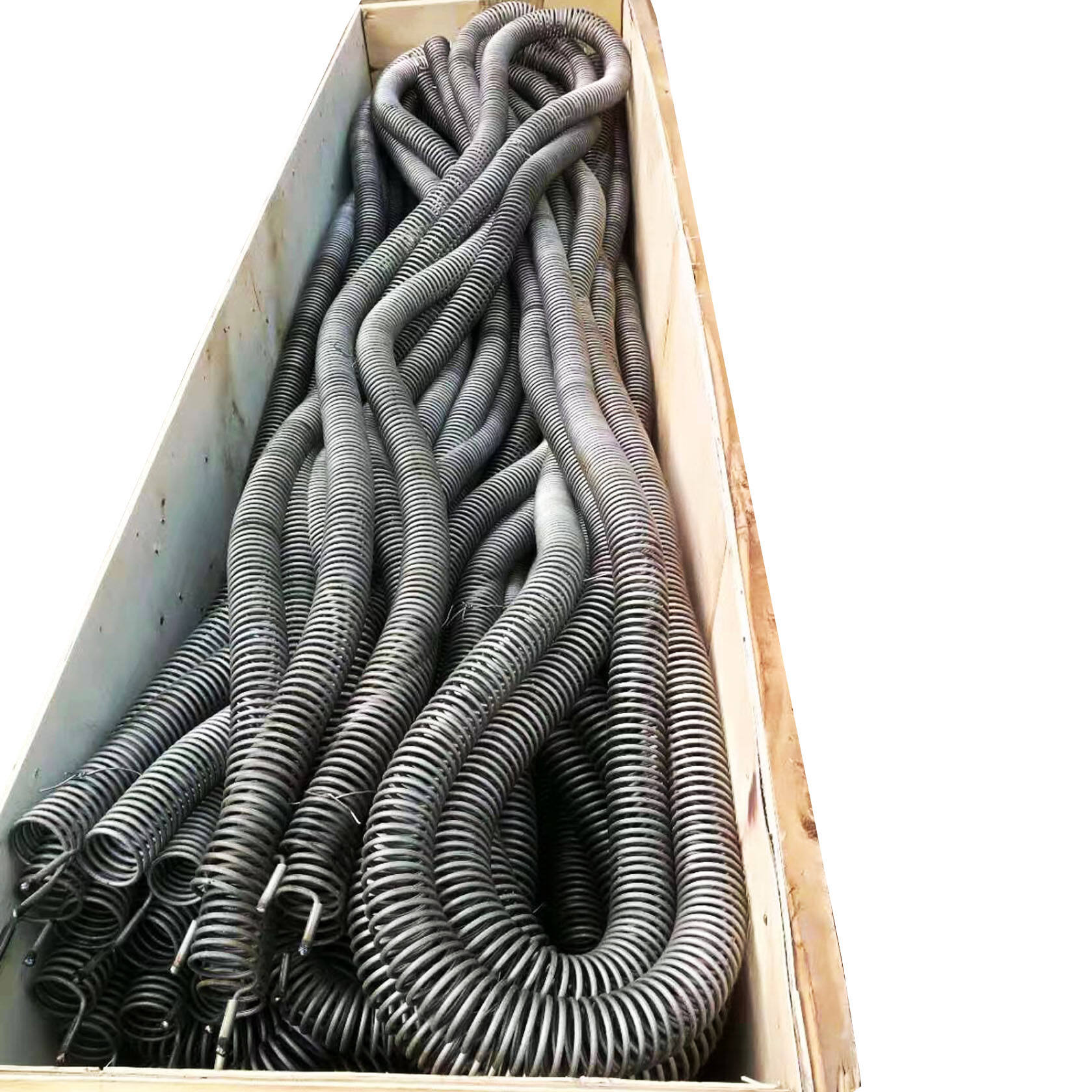The importance of resistance alloys for the electronics of today is indisputable, and as a leading supplier developing premium-grade materials intended for electronics applications is Kuaike Precision Alloy’s primary focus. Because of their inherent properties, such alloys are suitable for various electronics, including smartphones and computers. Although resistance alloys are widely used in the electronics industry, it is important to be familiar with frequently occurring usage problems in electronic applications and also with their versatility in product designs of various electronic products.
Practical Problems Associated with The Use of Resistance Alloys in The Electronics
Resistive alloys are frequently utilized in electronics in the regulation of electrical current and regarding heat dissipation. A common problem with these alloys is that they undergo variations in resistance over a period of time, as a result of temperature change or mechanical stress. Its performance in electronic devices will be poor and unreliable. To solve that problem, producers like Kuaike Precision nickel chromium alloy perform numerous tests and quality checks to ensure that the resistance alloys produced maintain a consistent level of performance over the life of such an electronic product.
The Variety of Resistance Alloys in Various Electronic Applications
Resistive alloys are perfect for a variety of electronic applications where there is a need to produce different levels of resistance in the circuit, or that require fine tuning or power adjustment. As an example, resistance alloys for converting electric energy into heat used in heating devices for domestic appliances such as toasters and hair dryers are known. In the automotive industry, these alloys are employed for sensors and actuators to manage diverse functions in a car. Resistance alloys are also applied in medical equipment like pacemakers where dependability and accuracy are vital for the patient’s health. Special resistance alloys for the development of various types of electronic products such as Kuaike Precision Alloy reflect the significance of customization and innovation in the electronics sector. Through harnessing the versatility of resistance alloys in a wide variety of electronic products, manufacturers can ensure technological advancement and investment in the latest devices to meet demand from consumers globally.
With the development of ultrahigh-performance electronic devices, resistance materials are also increasingly important in modern electronics. Kuaike Precision Alloy Resistance Alloys Our resistance alloys are designed in response to the electronics industry’s needs.
What Makes Resistance Alloys Different to Other Electronic Materials
Resistance nickel wire are unique materials that possess high electrical resistance. This enables them to stop or impede the movement of electricity, making them preferable for use in electronic gadgets that require effective regulation of electricity. Unlike most other materials, resistance wires or alloys do not lose their electrical resistivity even at high temperatures and therefore are very reliable and long lasting in use.
How to Make Electronic Devices That Are Widely Compatible with Resistance Alloys
The selection of the proper resistance alloy is critical in maximizing the performance of electronic equipment. Kuaike Precision Alloy provides various resistance alloy with different properties such as high resistance, low temperature coefficient and etc. By appropriate choice of the resistance alloy according to a particular application, operation of electronic devices can be made with greater efficiency and reliability. It can also help avoid overheating and maintain the lifespan of the device by using high-quality resistance alloys.
An Introduction to Resistance Alloys in Electronics: FAQ’S
What is the resistance alloy composed of?
Resistance alloys are generally an alloy blend of nickel, chromium and iron. These metals are selected based on their unique electrical properties that essentially enable electronics to exist.
How do resistance alloys function in electronics?
Resistance alloys act by resisting the run of electrical current, serving to regulate and control how much electricity is passing through a device. This is crucial for thermal management and performance of electronics.
Can resistance alloys be tailor-made to suit different applications?
A: Sure, Kuaike can provide resistance alloys according to your specific requirement for various electronic devices. With extensive cooperation from customers, Kuaike can customize resistance alloys that meet the specific demands of a particular application.
Table of Contents
- Practical Problems Associated with The Use of Resistance Alloys in The Electronics
- The Variety of Resistance Alloys in Various Electronic Applications
- What Makes Resistance Alloys Different to Other Electronic Materials
- How to Make Electronic Devices That Are Widely Compatible with Resistance Alloys
- An Introduction to Resistance Alloys in Electronics: FAQ’S
 EN
EN
 AR
AR
 DA
DA
 NL
NL
 FI
FI
 FR
FR
 DE
DE
 EL
EL
 HI
HI
 IT
IT
 JA
JA
 KO
KO
 NO
NO
 PL
PL
 PT
PT
 RO
RO
 RU
RU
 ES
ES
 SV
SV
 TL
TL
 IW
IW
 ID
ID
 SR
SR
 SL
SL
 UK
UK
 VI
VI
 HU
HU
 MT
MT
 TH
TH
 TR
TR
 AF
AF
 MS
MS
 GA
GA
 AZ
AZ
 MN
MN
 MY
MY
 KK
KK
 UZ
UZ
 KY
KY
 BN
BN

